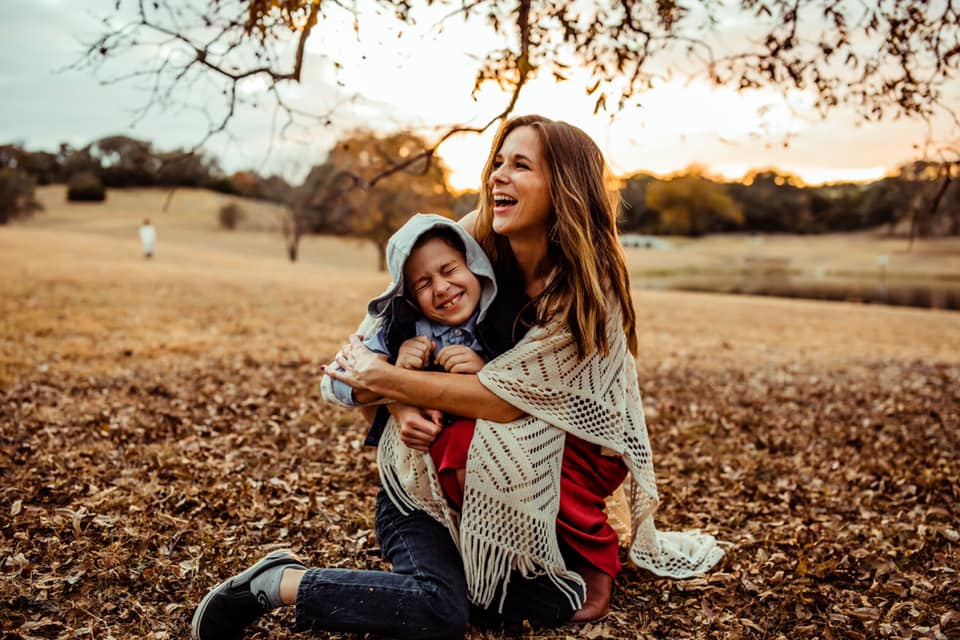“The opposite of anxiety isn’t calm. It’s trust.”
I set my mascara down, scrambled to find the nearest notepad, and scrolled back the podcast 30 seconds to hear it again. Dr. Emily King, a Licensed Psychologist, spent thirty minutes unpacking the signs and symptoms of anxiety in children and how parents can best support them.
I scribbled notes up to the last second. I felt desperate for clarity and direction.
This is how I parent the hard stuff now. I thought to myself.
It’s come down to the podcasts, online research, phoning a friend, and my own single intuition, but at the end of the day, I’m alone. I don’t process and tag team the hard parenting choices. I decide on my own what’s the best next steps in training up my children.
This is a heavy feeling.
It’s like playing on a seesaw by yourself – it can be done, but the flow is all wonky.
Today, happening upon an episode of the Vision Driven Mom Podcast pinpointing my exact struggle at home was exactly what I needed. Thanks podcast lords for helping me process my parenting choices.
What I’ve learned is that anxiety is normal for children who are going through a lot of change such as a new school, a move, or a divorce. And it seems our family has that triple crown for change – I moved my grade school kids to a new state after getting divorced.
Regression in milestones, OCD behaviors, and trouble separating from a parent are all normal for a child experiencing anxiety. At a young age, they don’t understand the emotions they are feeling and how to best channel them.
Like anyone experiencing change, it feels awkward and uneasy at first. It’s unsettling to begin a new thing. When a child’s world and social structures are uprooted and set in a brand new environment, it can be alarming and hard to trust the outcome of this new life. There is always that looming thought – will this person or place leave me soon?
Dr. Emily King said, “Anxiety is a lack of trust in what’s going to happen.” She suggested giving children a sense of control and predictability through clear schedules and structured plans.
I implemented this right away, and began incorporating the word “trust” in my language hoping to reinforce the solution that my children don’t know they need. Now I watch their little bodies relax and feel more at ease knowing that they can lean on something predictable. I tell them, “trust the process.” And they do.
This is what I’m called to show up for as a single mom. Sometimes it’s hard to remember that this is actually a better life for my children when I see them struggle with the pain of fear and anxiety. I know they wish to feel like our family unit was whole, and it is difficult for them at times to find peace with their divorced family life.
However, life has an interesting way of teaching us the things we need to grow into. This is what I find comforting on the days I feel discouraged and out of sorts about the right path for parenting my children after divorce.
Whatever path we land on, they will grow. They will find their way, and life will continue teaching them how to be their strongest self. No one can become stronger without some resistance. This is the best thing I could hope for as a parent – raising really strong kids.










